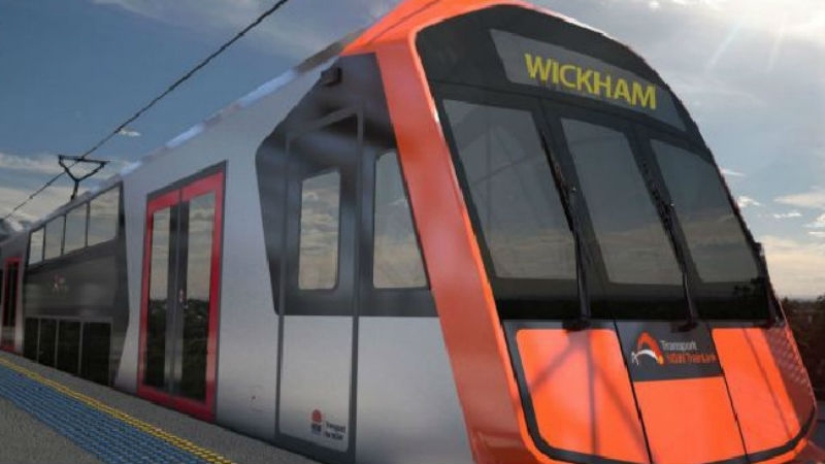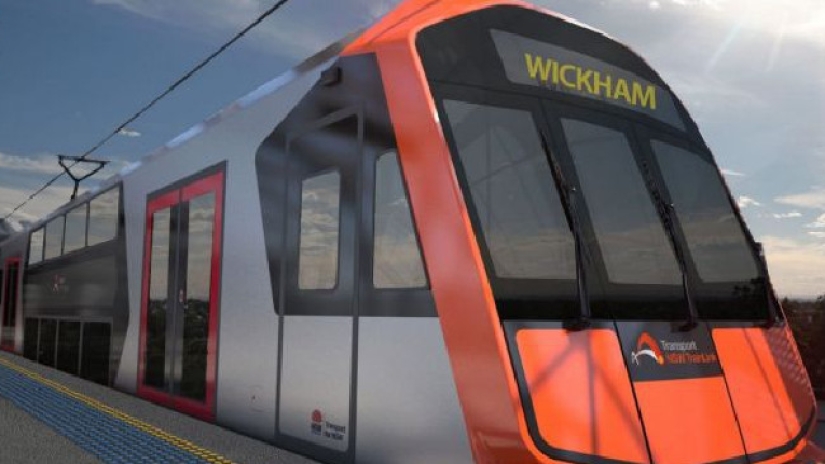"It's because someone has too narrow tunnels": Australia spent 2 billion euros on too wide trains
Categories: News
By Pictolic https://mail.pictolic.com/article/its-because-someone-has-too-narrow-tunnels-australia-spent-2-billion-euros-on-too-wide-trains.htmlThe authorities of the Australian state of New South Wales have purchased new trains in South Korea worth $ 2.3 billion. And everything would have been fine if not for one "but": the trains turned out to be too wide to pass through the Australian tunnels.
 Source: Business Insider
Source: Business Insider

The old- style train
The old trains were 2.9 meters wide, and the new ones were 3.1 meters. According to the rules, the distance between the tunnel wall and the car should be at least 200 millimeters. With new trains, this distance will be less, and the train risks crashing into a wall. But officials decided that they would not refuse to order trains, but instead weaken safety standards and expand tunnels built at the beginning of the XX century.

The leader of the opposition party, Luke Foley, commented on the situation:
The modernization of the tunnels will take about two years, the cost of the work is unknown.
Keywords: Australia | Bug | Train | Government | Tunnel | Transport
Post News ArticleRecent articles

It's high time to admit that this whole hipster idea has gone too far. The concept has become so popular that even restaurants have ...

There is a perception that people only use 10% of their brain potential. But the heroes of our review, apparently, found a way to ...
Related articles

For some, a train ride is a burdensome part of a business trip, for some it is a pleasant experience, for some it is an opportunity ...

There is one good reason between the train and the plane to choose the train. It is only in them you can find such stunning girls ...

Once the United States could boast of the most developed railway transport system in the world, but after the Second World War, the ...

New Year's is a time to surprise and delight loved ones not only with gifts but also with a unique presentation of the holiday ...